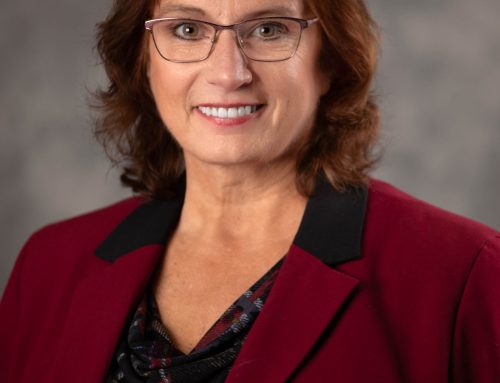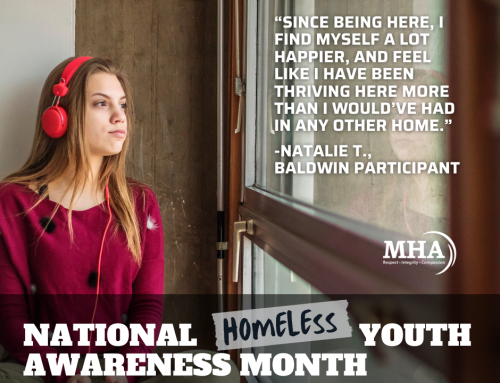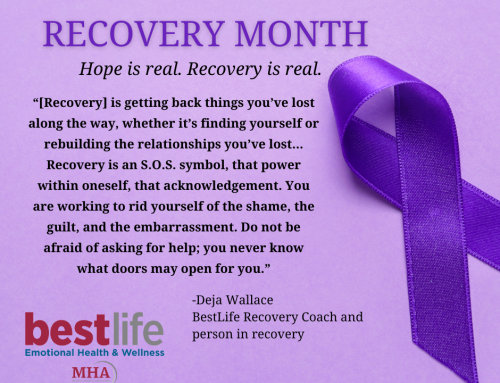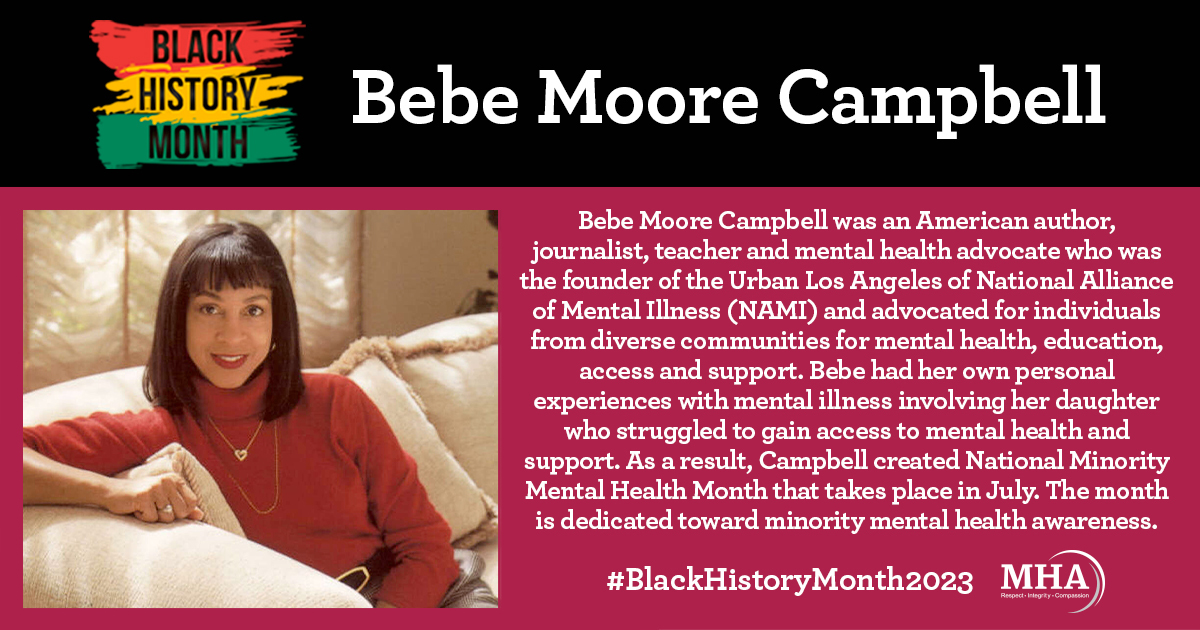
This Black History Month, we recognize the struggles and achievements of Black and African Americans who have made a significant impact in the mental health and human services field. This week, we pay tribute to Bebe Moore Campbell.
Growing up in the 1950s and 1960s and throughout her life, Campbell witnessed the racial segregation of our nation first-hand. She attended the University of Pittsburgh and was the only African American in her dorm. In college she joined the Black Action Society and was inspired by renowned African American author, Toni Cade Bambara, to become a writer. Her experiences fueled her inspiration to pursue a career as an author, journalist, teacher and mental health advocate.
As the co-founder of Urban Los Angeles of NAMI (National Alliance of Mental Illness), she advocated for individuals from diverse communities for mental health education, access, and support.
Bebe also had her own personal experiences with mental illness involving her daughter, who struggled to gain access to mental health and support. As a result of Campbell’s experiences, she created what is now called National Minority Mental Health Month, dedicated to minority mental health awareness, which takes place in July. “We need a national campaign to destigmatize mental illness, especially one targeted toward African Americans… It’s not shameful to have a mental illness. Get treatment. Recovery is possible.”
Throughout Black History Month, we will highlight individuals who reflect MHA’s mission of providing services to individuals with developmental disabilities, housing and rehabilitation to those in recovery, and behavioral outreach services through its BestLife Clinic and housing services for the homeless.
#BlackHistoryMonth2023
